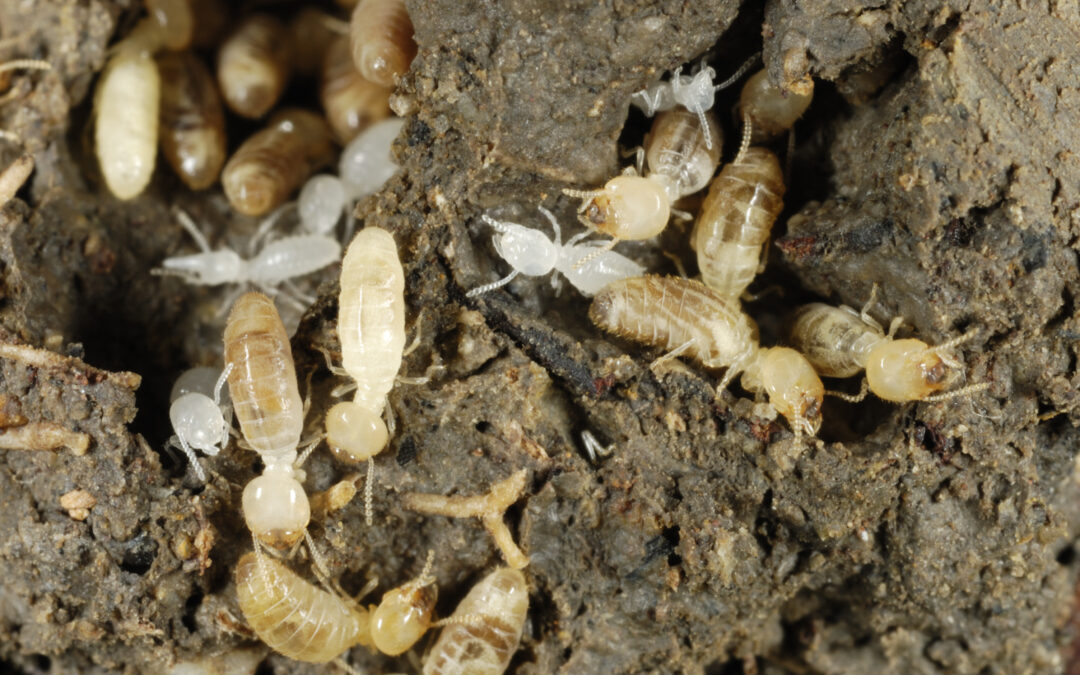
TYPES OF TERMITES IN SOUTH AUSTRALIA
TYPES OF TERMITES IN SOUTH AUSTRALIA
With one in five homes experiencing extensive structural damage from termites, they are a notorious pest in South Australia.
However, while there are over 300 species of termites in Australia, only a small number are responsible for the destruction that causes an average of $10,000 to fix.
We’ve put together this Hivemind article to give you a simple rundown on the termites that could be infesting your home or business, and how to manage them.
What questions will this article answer?
Why is identifying the type of termite important in an outbreak?
Knowing which species is responsible for an outbreak can help us come up with an effective approach to treat the problem for good.
Subterranean termites
Considered the most destructive termite species in all of Australia, subterranean termites prefer nesting underground in soil.
Drywood termites
Preferring areas with high humidity, drywood termites are normally found nesting inside softwood and hardwood timber structures.
Dampwood termites
Known as “rotten wood” termites, dampwood termites are mainly found in areas with high moisture content and decaying wood, especially timber that is stored outside.
What types of termites do you find within colonies?
Depending on their role, termites within the same colony look different. A colony is made up of Queen, King, Worker, Soldier and Alate termites.
How to prevent a termite outbreak
We recommend having termite inspections at least once a year, as well as reducing sources of moisture and regular yard maintenance.
Professional termite treatment
Professional termite treatment is tailored to your situation and will involve either Sentricon® Always Active™ or Premise treated zones.
Choose Allstate for safe and effective termite protection
Our licensed termite inspectors are available 24/7 to all suburbs of Adelaide.
Why is identifying the type of termite important in an outbreak?
Although there are over 300 species of termites known to Australia, there are only a few that are known to cause significant damage to buildings, timber and other cellulose-rich products.
As different species have their own nesting and feeding behaviours, knowing exactly which termite is responsible for the infestation can help your pest technician to come up with an effective approach to treat the problem for good.
Depending on their role in the colony, termites from the same nest can vary in appearance. For example, if you see winged termites or swarmers, this could mean that the colony is spreading to other locations so your property may be at risk of multiple attacks.
Subterranean termites
Considered the most destructive termite species in all of Australia, subterranean termites must have a moisture source to survive. As their name suggests, their preferred nesting environment is underground in soil, but they can thrive anywhere, as long as there is moisture around.
Subterranean termites are yellow to dark brown in colour and range from 1/8 to 1 inch in length.
They make brown coloured shelter or mud tubes to protect themselves when they are foraging away from their nest. These are made from soil, droppings, saliva and wood.
You’ll find them nesting in trees and dead stumps, as well as wooden poles where the timber has been buried as they favour rotten wood that is easier to digest.
Dampwood termites
Known as “rotten wood” termites, dampwood termite colonies are generally small and don’t cause extensive structural damage like drywood, and therefore tend to be considered a more minor pest than other termite species.
Dampwood termites are mainly found in areas with high moisture content and decaying wood, especially timber that is stored outside. This includes such as tree stumps and logs, as well as buildings and fences that remain in contact with soil.
They tend to be larger in size compared to other termite species, ranging from 1/2 an inch to 5/8 inch in length, with creamy white to brown coloured bodies.
Prevent termites once and for all. Speak to an expert today.
 or
or
What types of termites do you find within colonies?
Although different termite species can look similar, those within the same colony can look quite different, depending on their role .
Queen
Responsible for laying eggs to populate the colony, Queen termites can grow up to 4 inches long, and live for 25-50 years. They can darken in colour over time from a pale yellow-brown to black. Queens are usually a rare sighting because they live deep underground to remain protected from predators.
King
Between 4-6mm in size, King termites become darker coloured as they mature, and have wings. Like Queens, Kings are responsible for reproduction, but they also help care for young termites in the early stages of the colony before there are enough workers to take over.
Workers
Making up over 90% of the colony, termite workers are around 4-6mm long and creamy white coloured. As their name suggests, they are responsible for gathering food, making tunnels, caring for other termites and maintaining the nest.
Soldiers
Responsible for defending the colony against predators, soldier termites are equipped with either large jaws or snouts. With darker heads and beige coloured bodies, they can grow between 5-6.5mm long.
Alates
With the role of eventually flying away to begin a new colony elsewhere, these reproductive termites are also known as swarmers. They range between 1/4 to 1/2 an inch long and are dark grey to black in colour. Their wings are either brown or grey coloured.
How to prevent a termite outbreak
No matter the species of termite, there are some steps you can take to reduce the risk of termites invading your home or business.
Firstly, we recommend having termite inspections at least once a year to detect the earliest signs of termite activity. At Allstate, our licensed termite inspectors are always fully equipped to provide comprehensive termite assessments to residential, commercial and industrial properties.
As high moisture levels can attract termites, it’s worthwhile checking for any leaks in your roof, pipes and drains. Also remember to look for condensation in your heating and cooling systems. Fixing these problems early can make a big difference in reducing your risk of a termite infestation.
We also recommend regular yard maintenance to remove old tree stumps and trimming back shrubs and tree branches that are growing against the walls of your building. Store piles of wood and timber in a dry area away from your home and repair damaged wooden furniture with sealed and treated wood.
Learn more about termite inspections here.
Don’t delay your termite inspection contact Allstate today
 or
or
Professional termite treatment
It’s important to exterminate termites at the first sign of an infestation. At Allstate, our effective termite prevention and prevention options are covered by comprehensive warranties, guaranteeing that you and your family have long-lasting protection.
Sentricon® Always Active™
Laced with termiticide poison as well as a termite attractant, Sentricon® baiting rods are installed underground around the perimeter of your home. Termites that feed off the rods will then return to the colony and pass on the termiticide, eventually killing off the population. By targeting termites only, these baiting stations will not affect insects or wildlife, making them a safe and environmentally friendly option.
Premise
A liquid spray containing a powerful termiticide, we use Premise to treat large areas with known termite activity both quickly and effectively. This increases the opportunity for more termites to interact with the termiticide and speed up destruction of the colony.
Choose Allstate for safe and effective termite prevention
With many species of termites posing a risk to homes and businesses in South Australia, it’s essential to avoid the extensive damage and costly repair bills caused by termite activity.
Fortunately at Allstate, we offer regular comprehensive termite inspections conducted by licensed termite inspectors, and targeted treatment and preventative options to protect you and your family.
Family owned and operated, we have been providing pest control services to all suburbs of Adelaide since 1986. Available 24/7 for urgent enquiries, our technicians use modern and innovative pest management methods to help residential, commercial and industrial clients.
Our products and services are backed by competitive warranties, a 100% service guarantee and we also have payment plans available.
For more information on our termite control services, you can visit our termite control page .

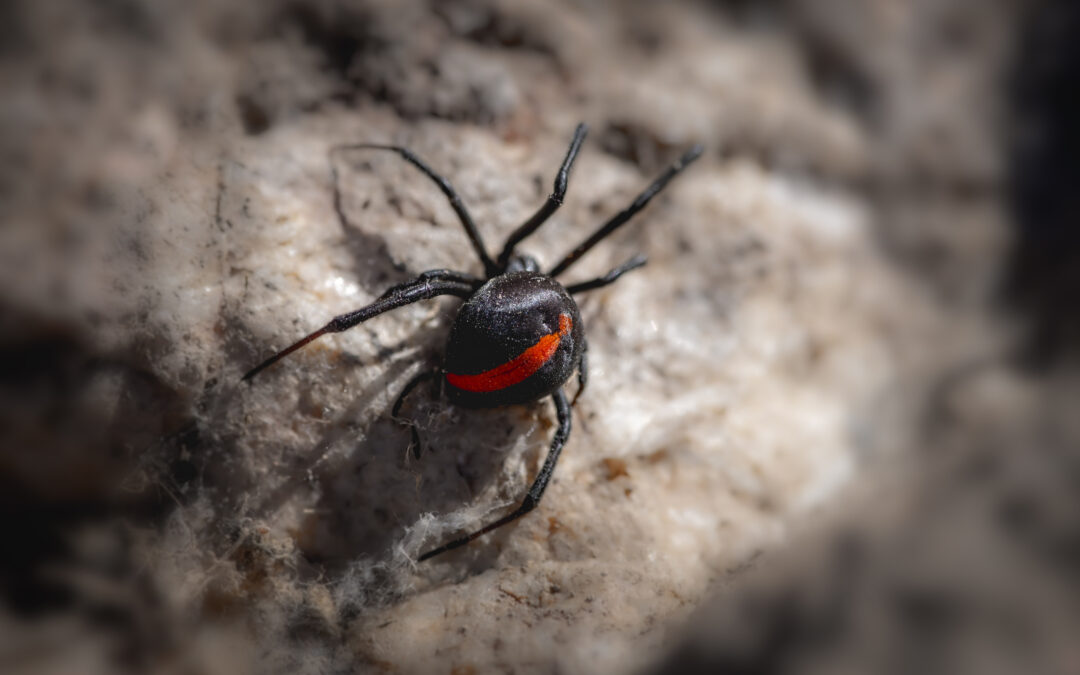

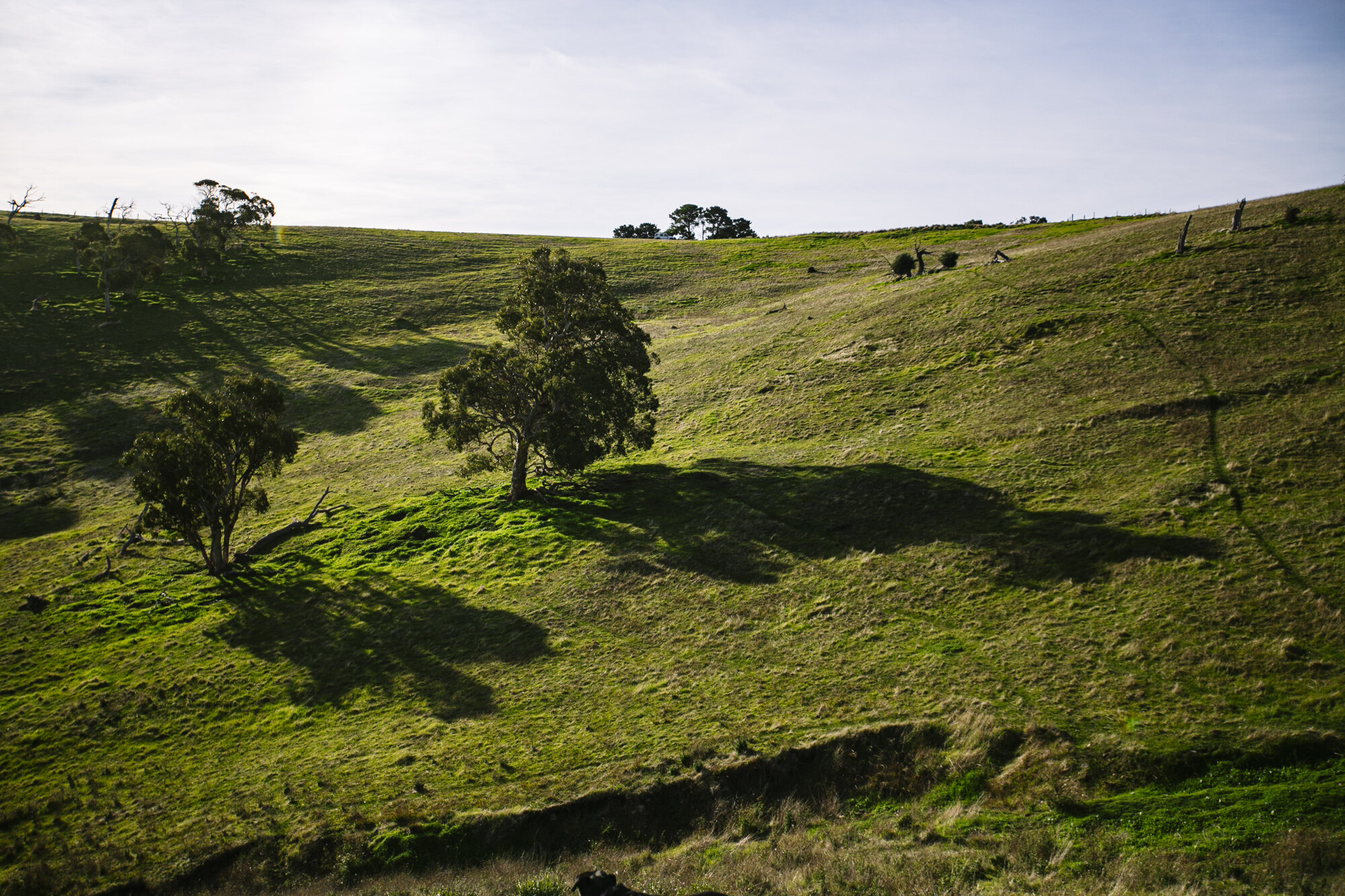

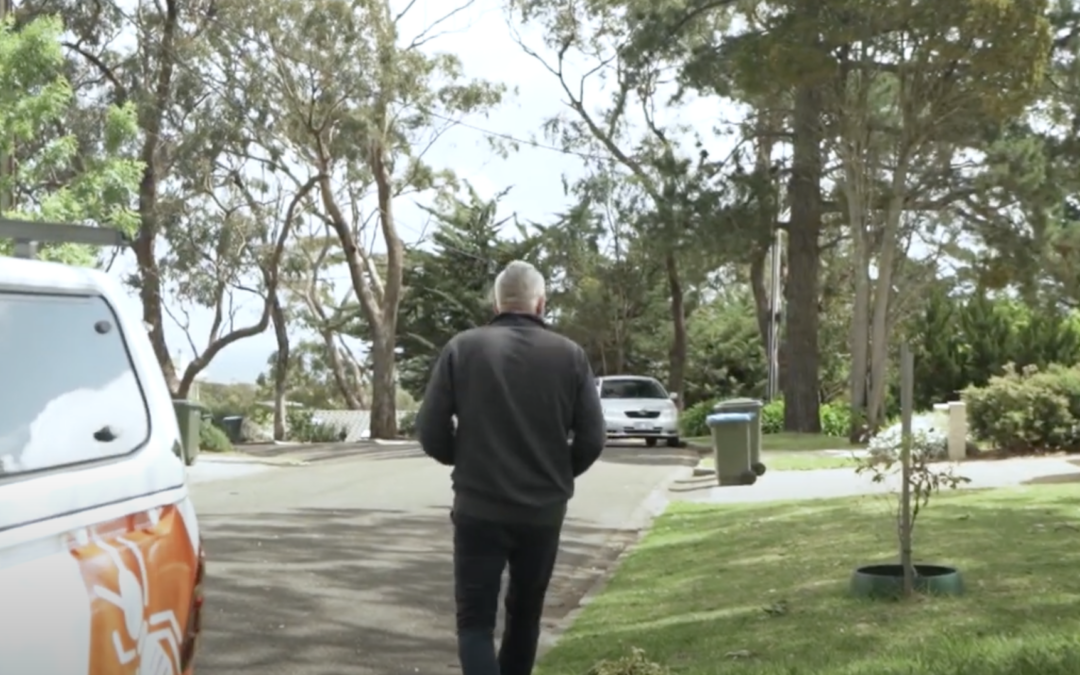
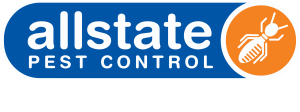


Recent Comments